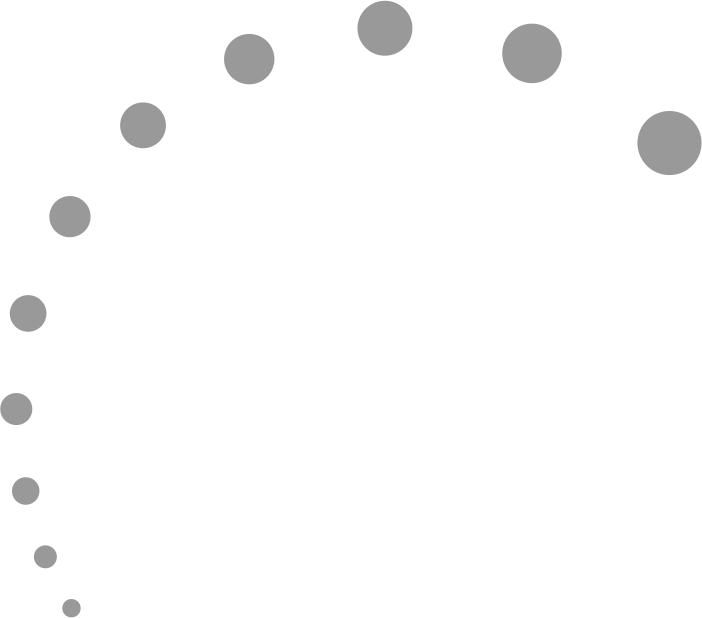
About the Profession and Danske Osteopater
Osteopathy has been a fully regulated and licensed healthcare profession in Denmark since 1—July 2018, meaning the title ‘osteopat’ is protected. Due to the official regulation of osteopathy, you are not allowed to use the title ‘osteopat’ if you don’t hold authorization as an osteopath, a license to practice, from the Danish Patient Safety Authority.
Danske Osteopater (DO) is the only professional association of regulated osteopaths in Denmark and consists of fully trained osteopaths and osteopathy students. The DO was officially founded in 2013 and is a member-orientated organization focusing on its members and the profession’s interests and promotion. Our membership number has grown by 312% between 2013 and 2020, and the DO now represents just over 300 osteopaths and 60 osteopathy students in our thriving association.
Hanna Tómasdóttir has been the President of Danske Osteopater since 2017, and she had the leading role in the political process for the authorization of osteopaths in Denmark. She also serves as the President of Osteopathy Europe (OE) and the Board of Directors at the Osteopathic International Alliance (OIA).
Educational Level and Programmes
There are currently no nationally accredited full-time osteopathic educational programmes offered in Denmark. Two part-time educational programmes, on top of prior healthcare professions (typically as physiotherapists), are provided in Denmark by The International Academy of Osteopathy (IAO) and The European School of Osteopathy (ESO). The IAO and ESO programmes are accredited by UK universities, both leading to master’s degrees.
A bachelor’s degree or equivalent to bachelor level, corresponding to level 6 of the European Qualifications Framework (EQF), is required to obtain a license to practice Osteopathy in Denmark. The total hours should be no less than 4,200, including 1,000 hours of supervised clinical practice (adopted from The WHO Benchmarks).
First Contact Healthcare Profession and Standards for Practice
Osteopaths in Denmark are primary contact healthcare professionals with no restrictions to the scope of practice, and patients can self-refer. Osteopaths in Denmark currently work only in private practices. The national law and baseline for the educational level for obtaining an official license to practice as an osteopath has been adapted from the WHO Benchmarks for Training in Osteopathy and The European CEN standard.
Suppose you don’t hold Danish authorisation as an MD, physiotherapist, osteopath or chiropractor. In that case, you cannot use spinal manipulations, HVLA, on the whole spine: the lumbar, thoracic, or cervical spine. Spinal manipulations are only allowed to be used by Danish-authorized MDs, osteopaths, chiropractors and physiotherapists..
Authorization
The Danish Patient Safety Authority is Denmark’s national regulator of all 19 recognised healthcare professions and issues authorisations, or official licenses, to practice to all healthcare professionals, including osteopaths.
The Danish Patient Safety Authority evaluates each educational level and issues an official license to practice as an osteopath if the applicant meets the official qualification. The title ‘osteopath’ is protected; even indicating that you practise as an osteopath is against the law.
Practitioners are only allowed to use terms indicating that they are osteopaths offering osteopathy if they are licensed osteopaths.
There are also specific legal demands for osteopath patient record keeping, and your clinical notes must be written in Danish.
You can apply for authorisation at the Danish Patient Safety Authority and read the legislation here:
https://stps.dk/da/autorisation/soeg-autorisation/osteopat/osteopat-dk/
Executive order on the Authorisation of Osteopaths
Non-EU countries (third countries)
If you are a national from a country outside of the EU/EEA the process of obtaining authorisation (official license to practise osteopathy in Denmark), might take several years, as all non-EU/EEA applicants are considered from at third country.
So if you are:
- A national of a non-EU/EEA country and have completed your training in a non-EU/EEA country, or:
- A national of a non-EU/EEA country and have completed your training in an EU/EEA country (other than Denmark)
- A national of an EU/EEA country and have completed your training in a non-EU/EEA country
The following applies:
You have to go through three steps to obtain a Danish authorization: 1) your education must be approved by the Patient Safety Authority, 2) you must pass a Danish language test, and 3) you must complete an evaluation employment. Each step must be documented. The Patient Safety will guide you through the entire process, which can take several years.
Osteopathy Europe has developed a good overview document, about regulation of our profession in Europe, with very useful information when considering moving to Europe, which can be downloaded for free here: https://www.effo.eu/wp-content/uploads/2021/10/Regulation-of-Osteopaths-Europe-FINAL-1.pdf

